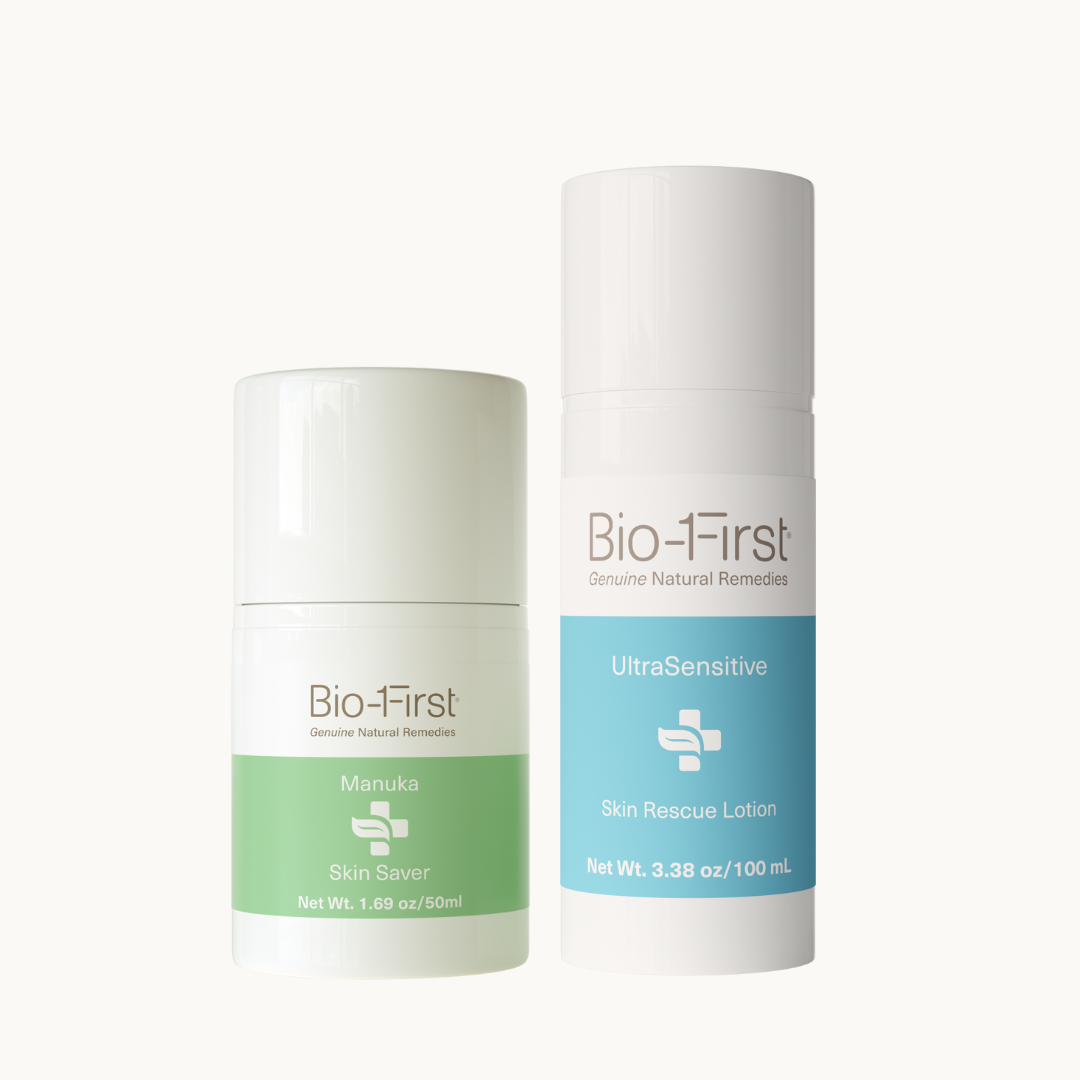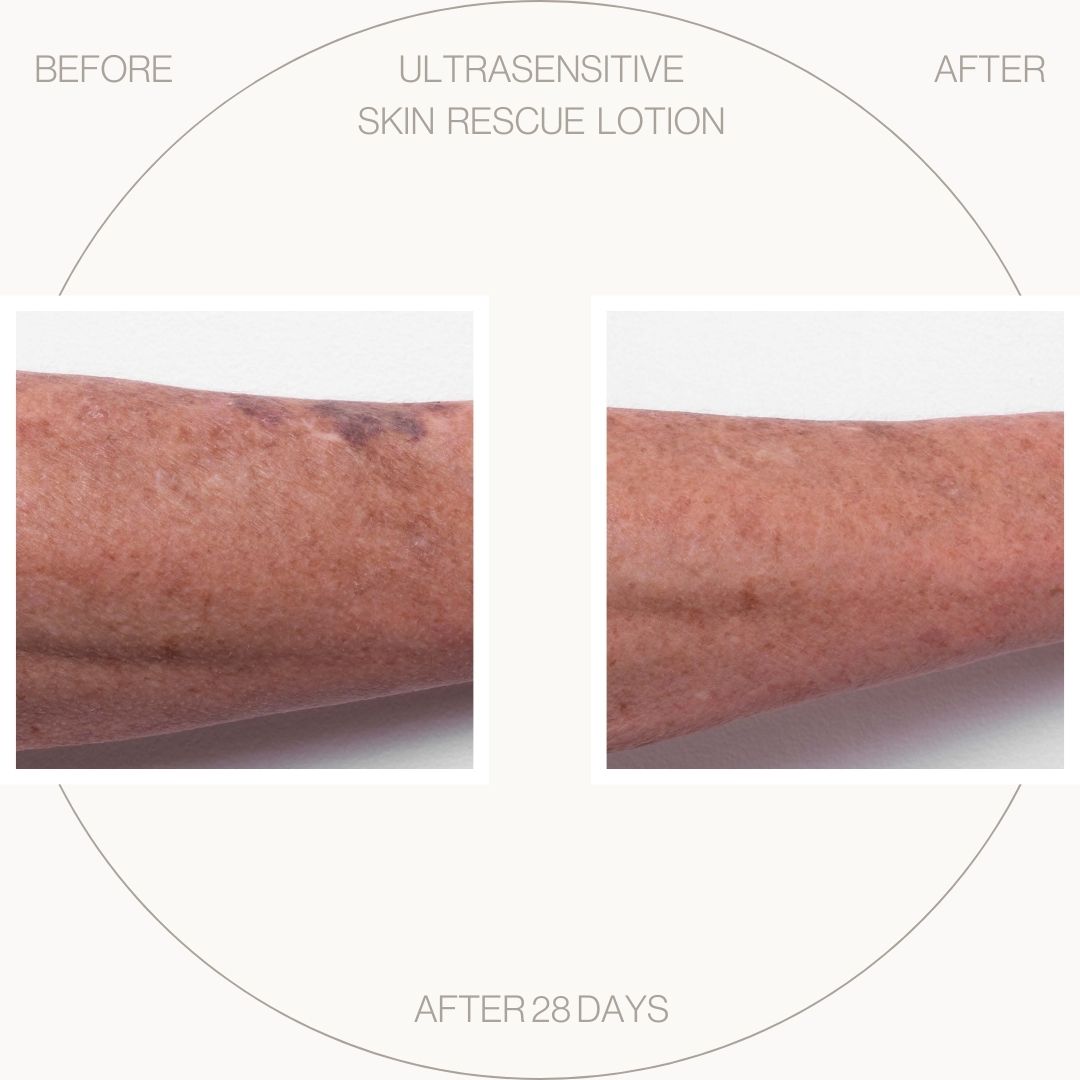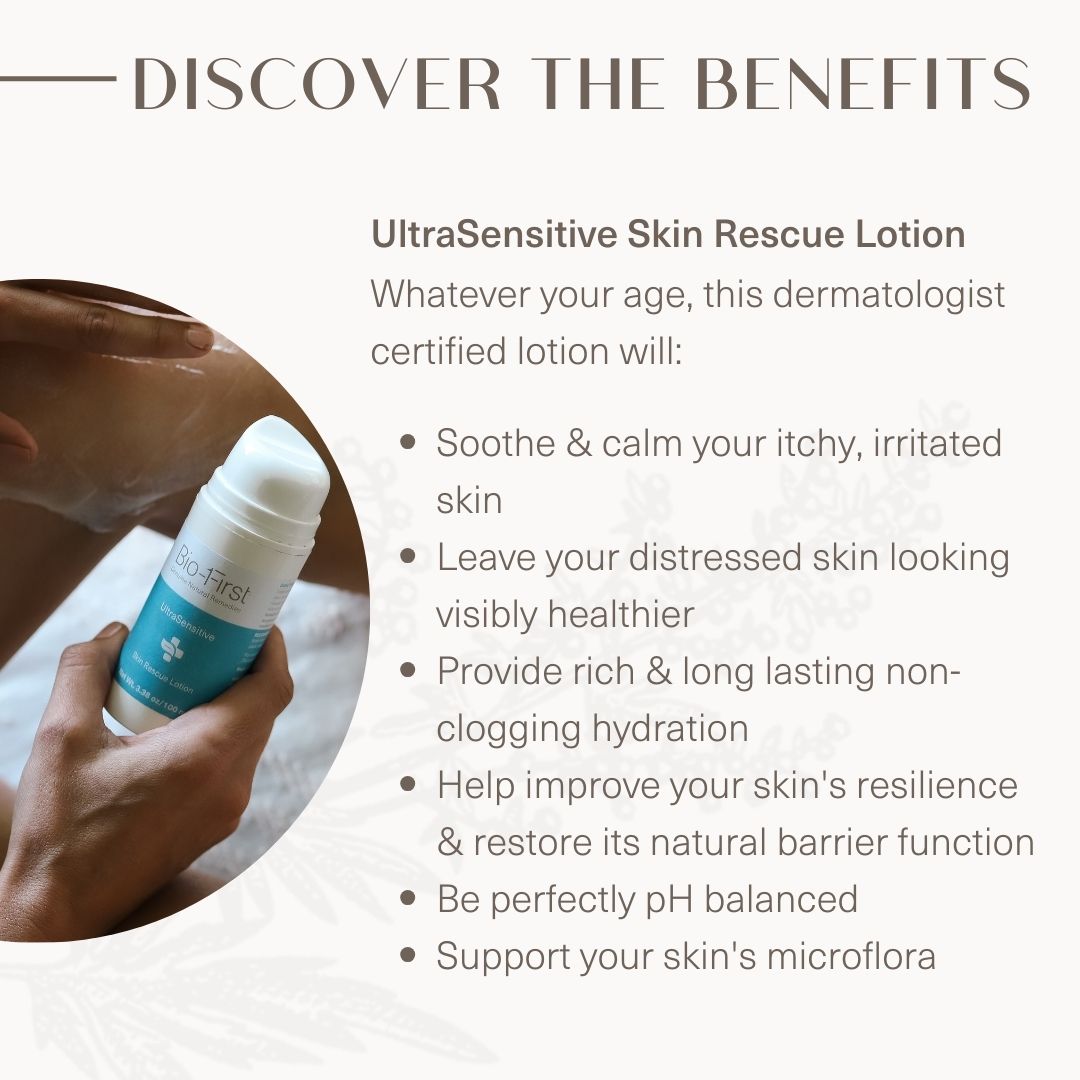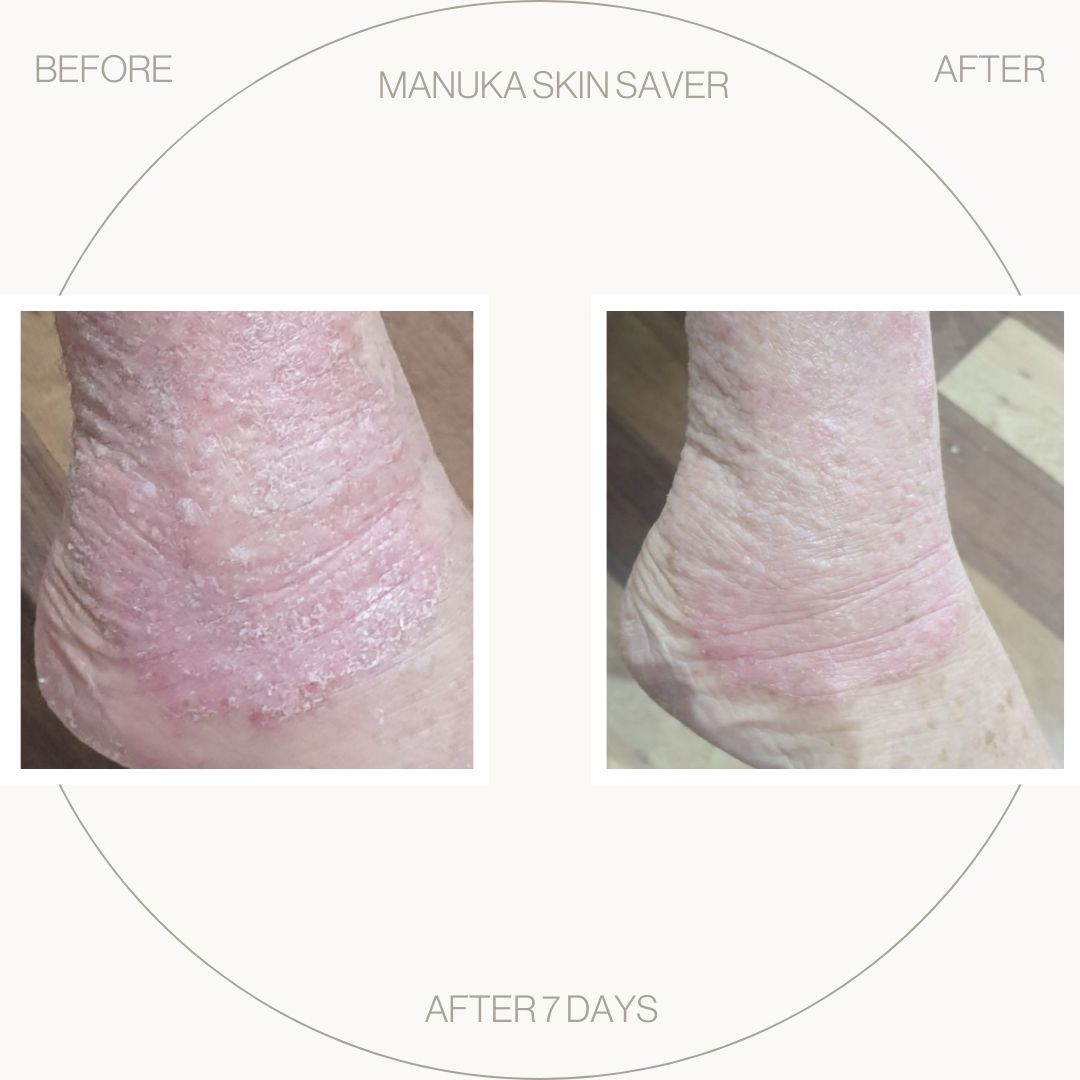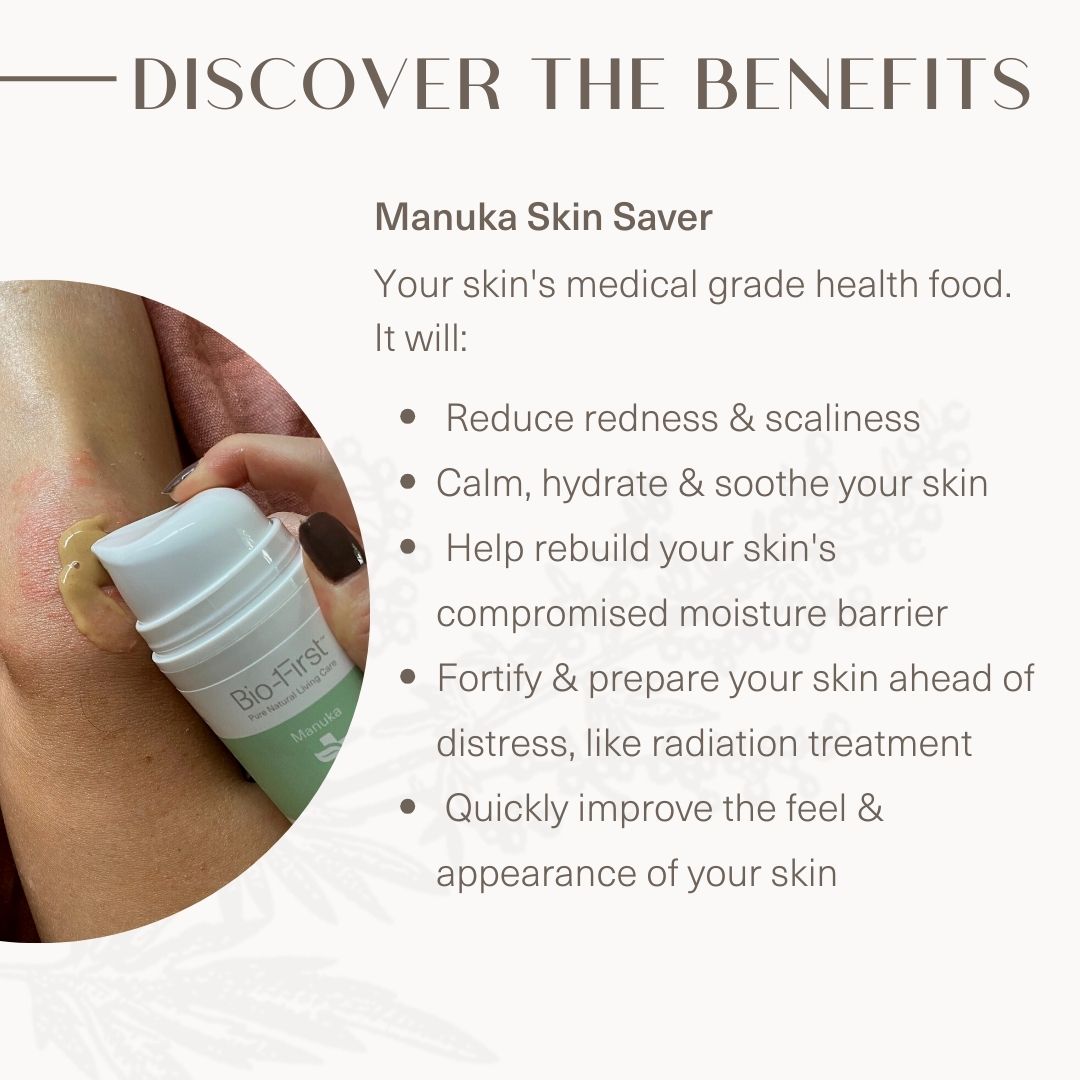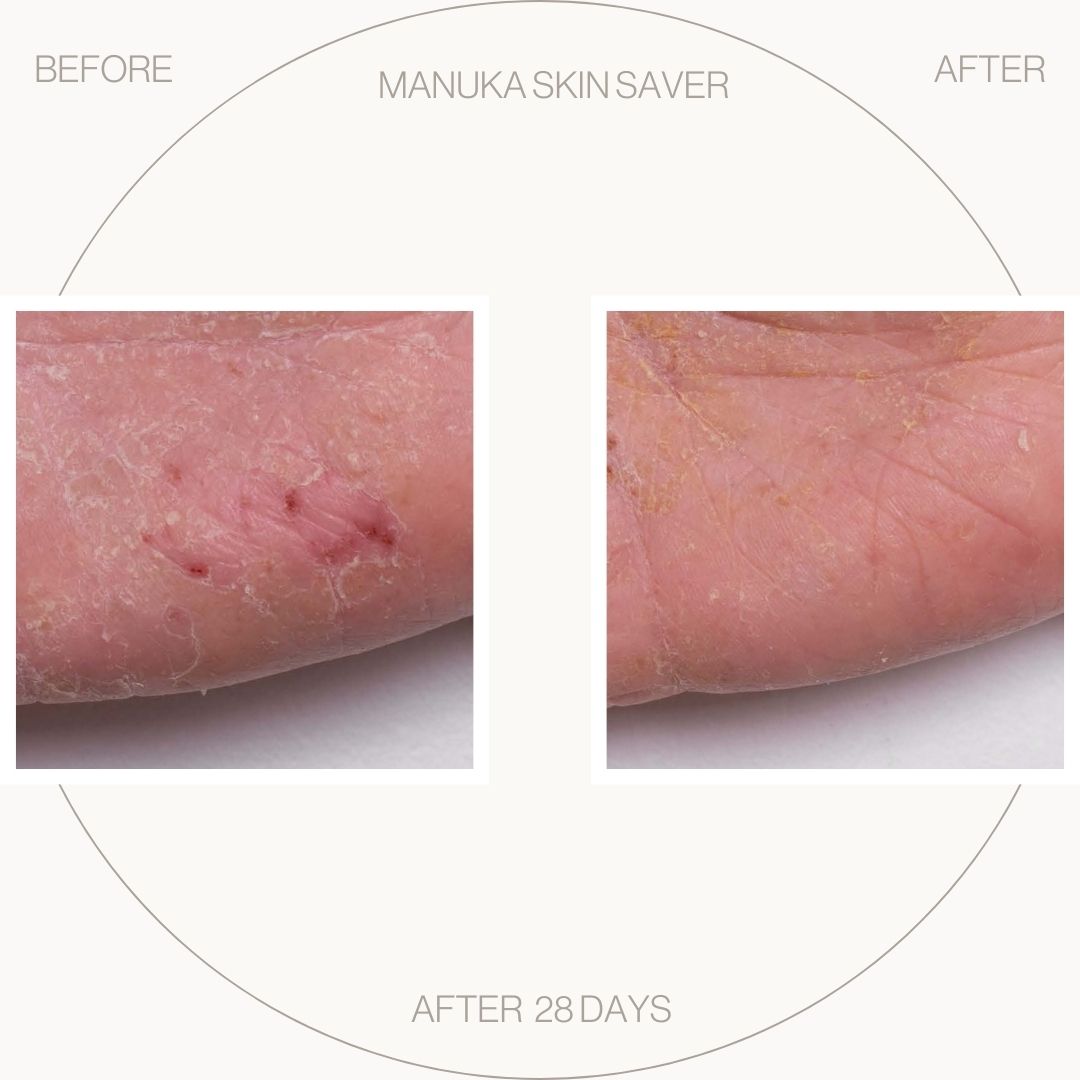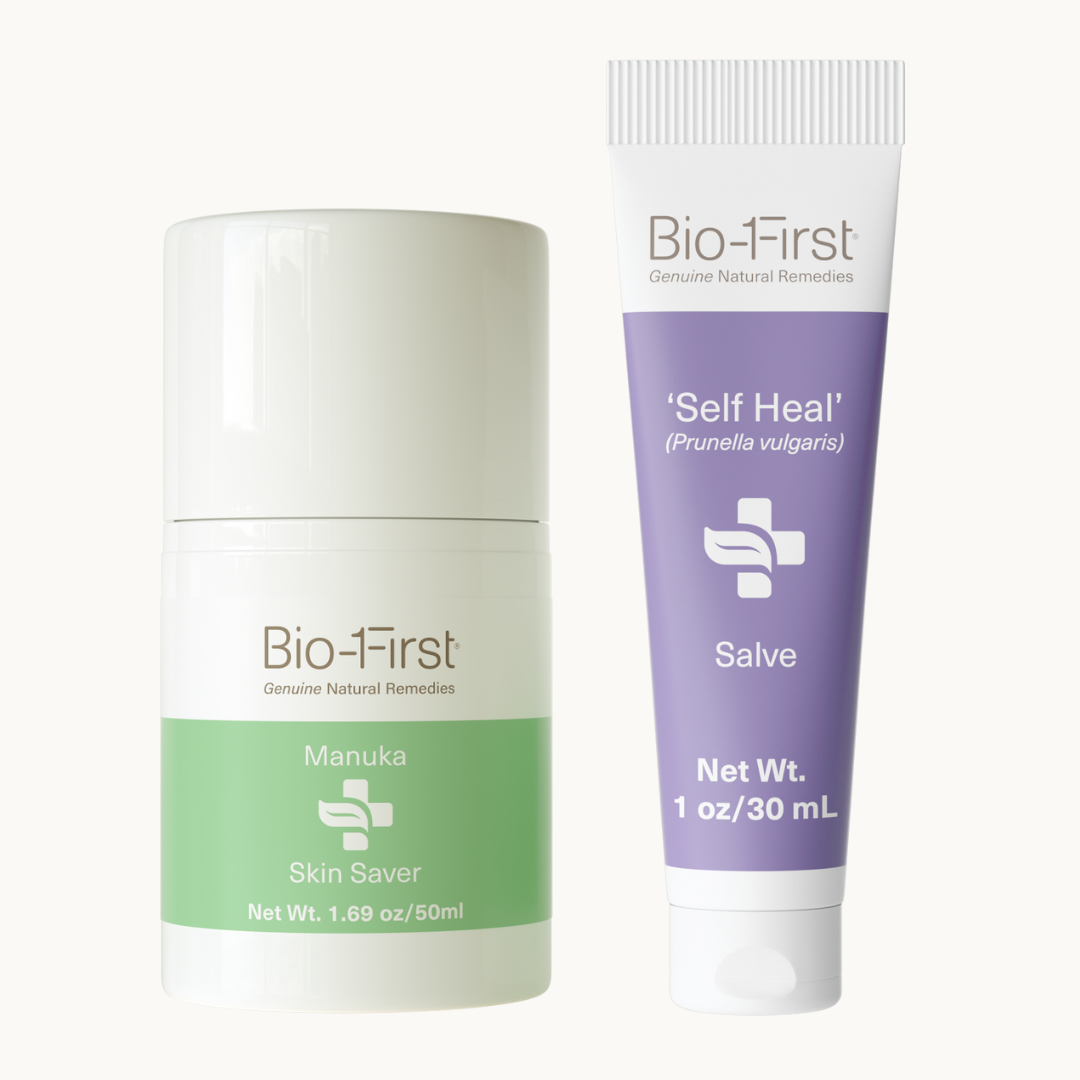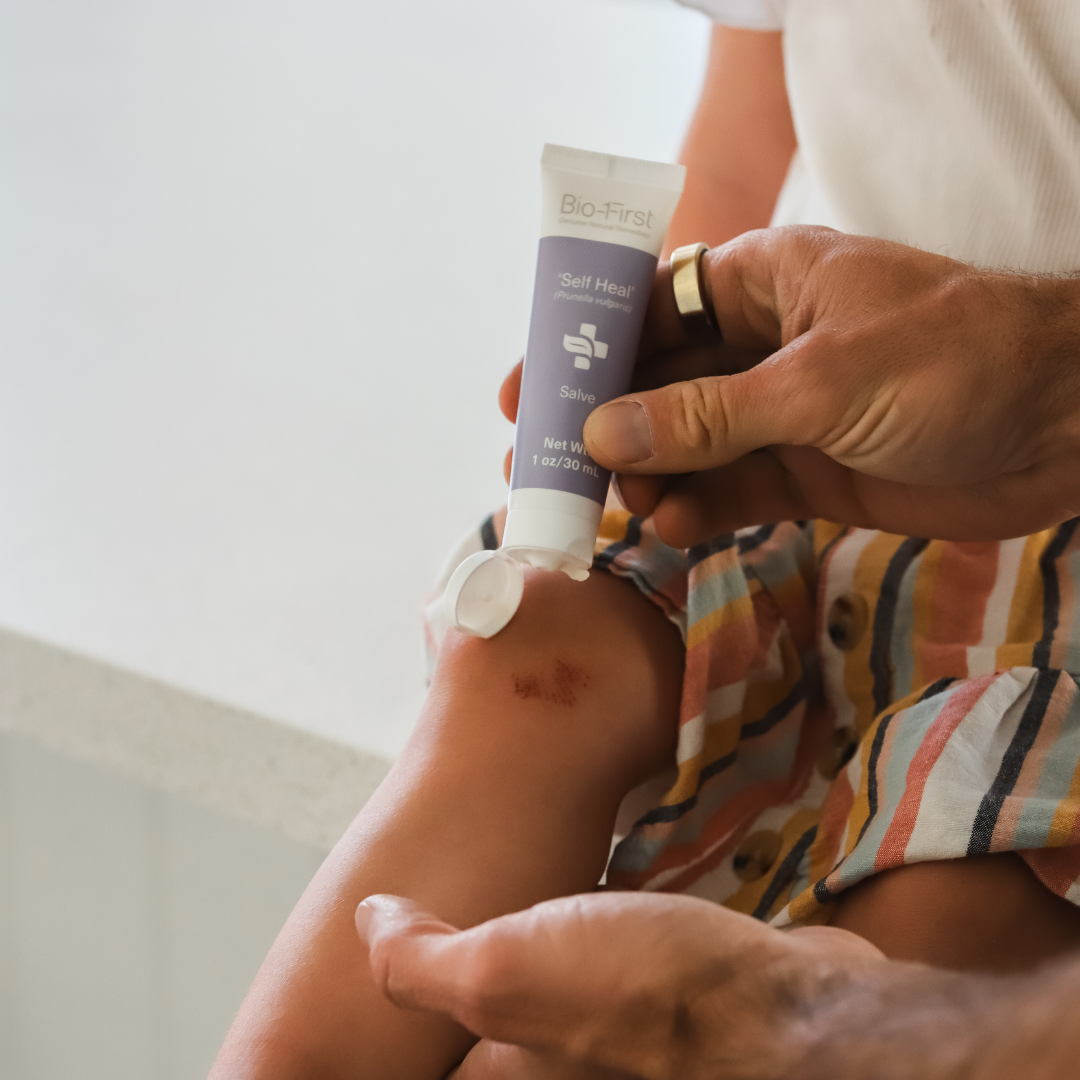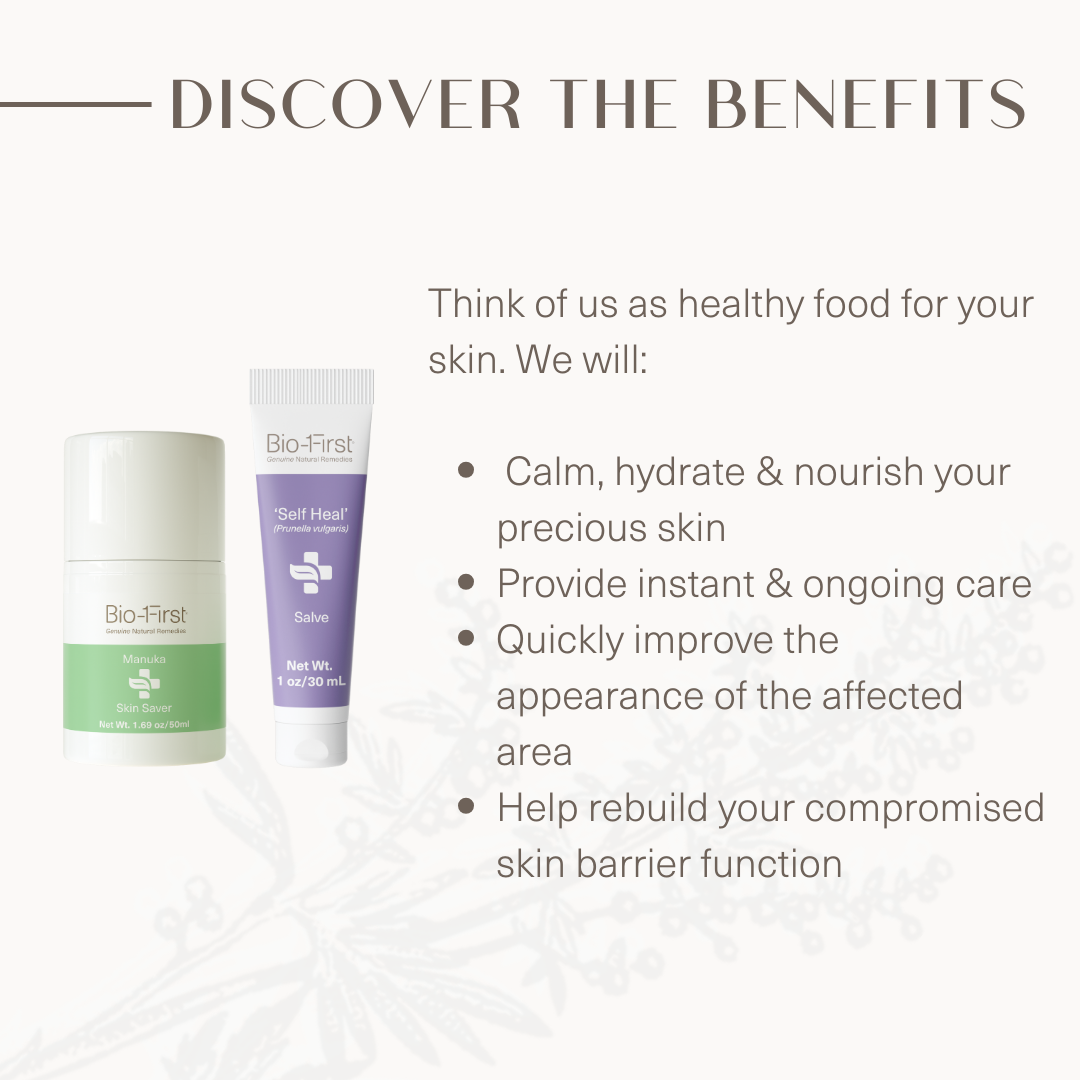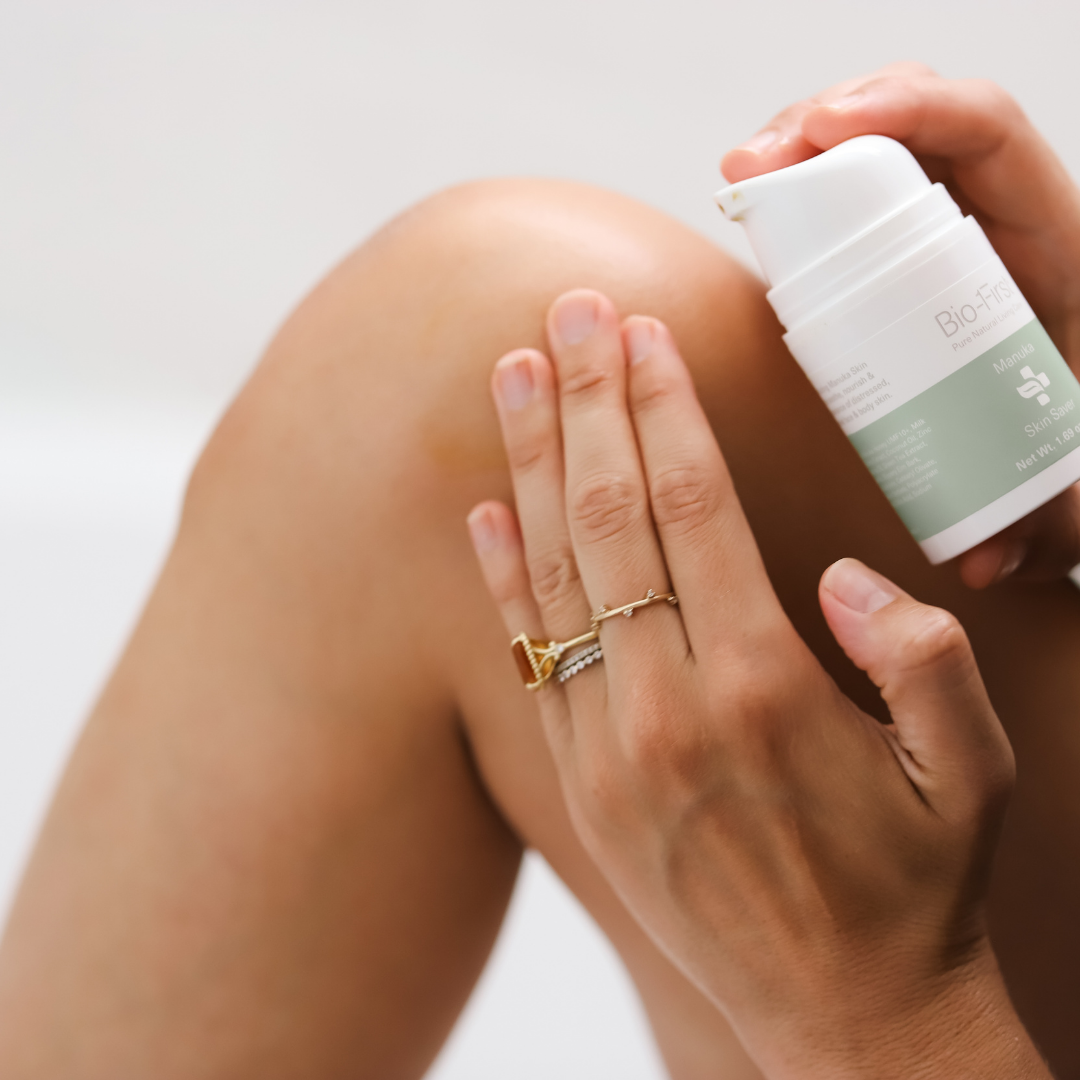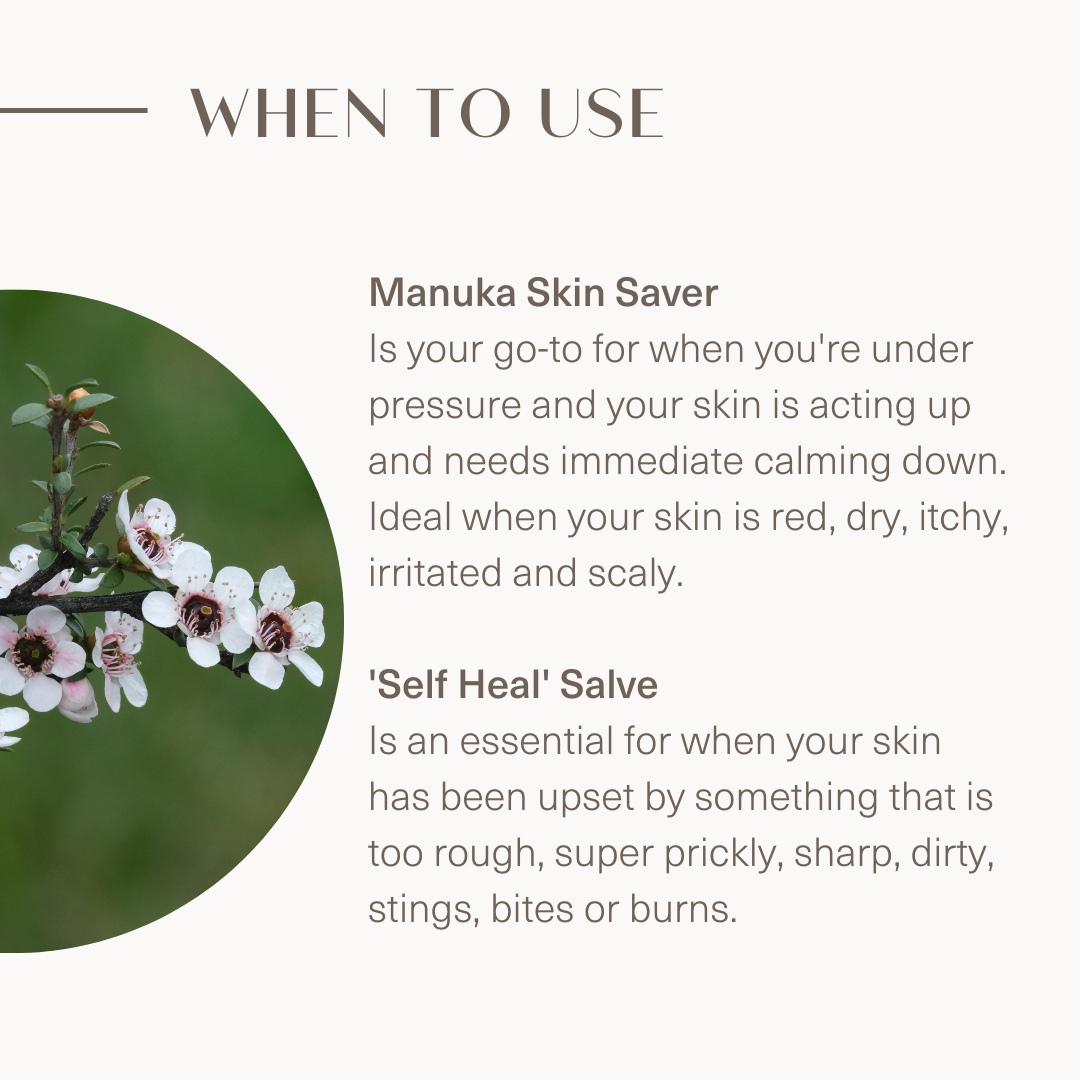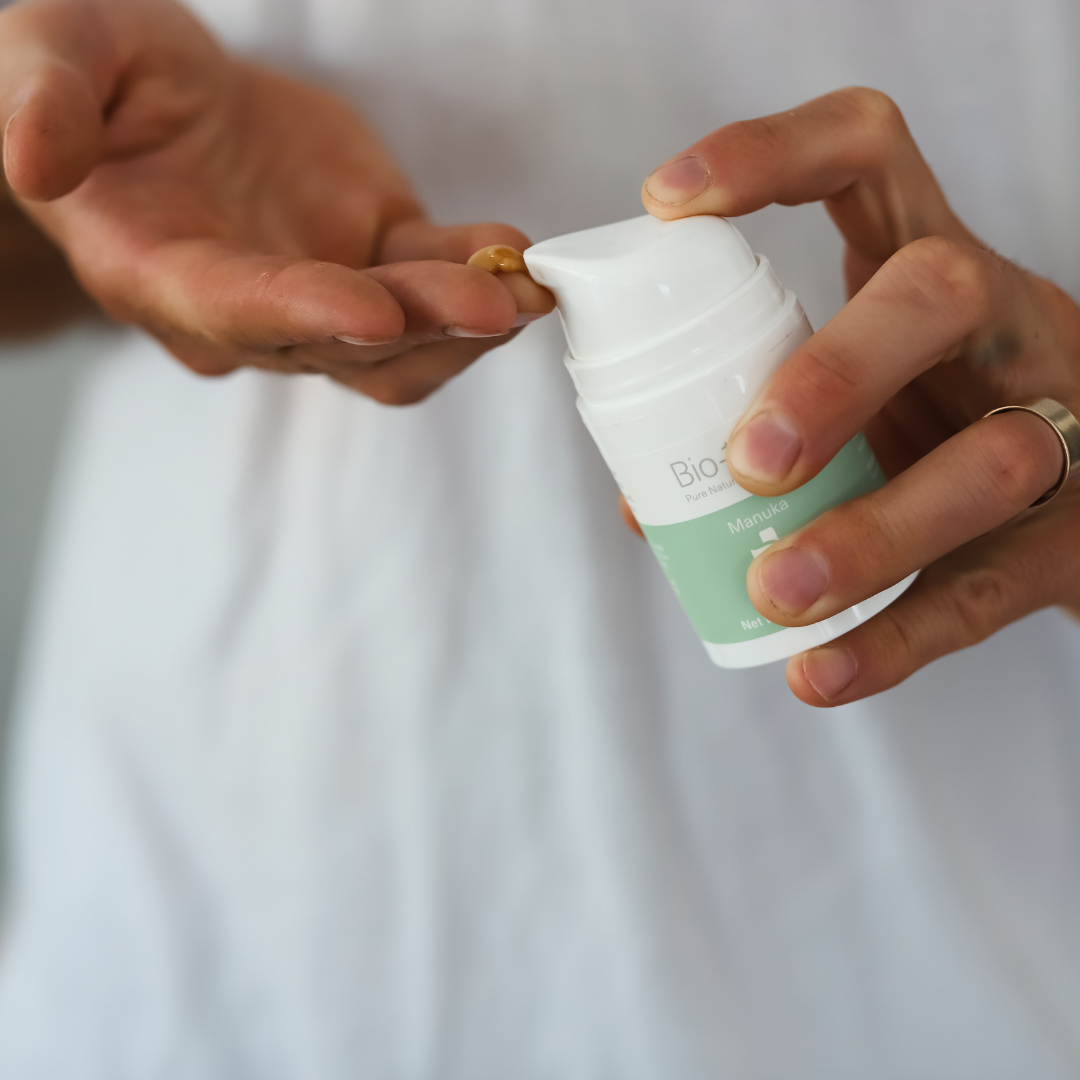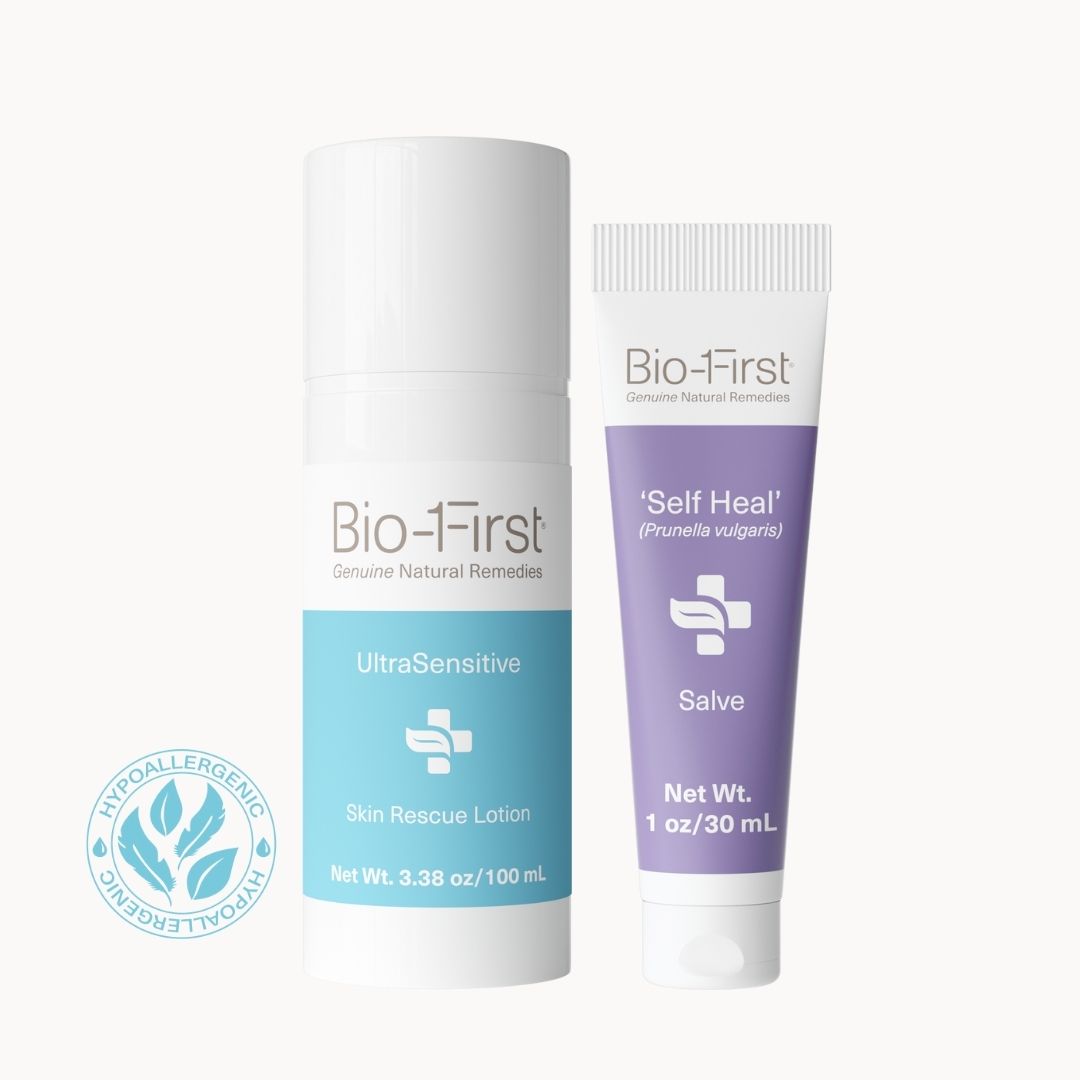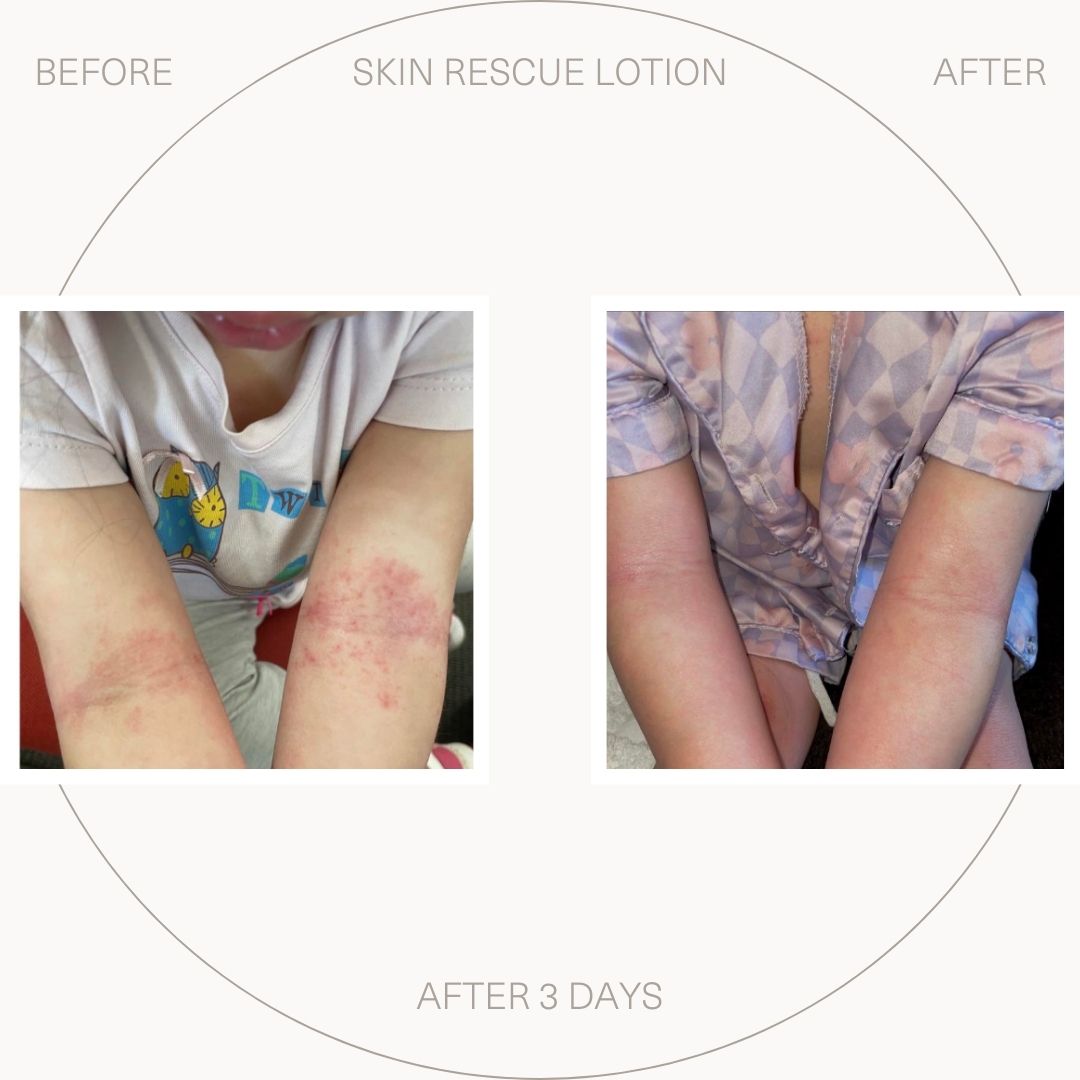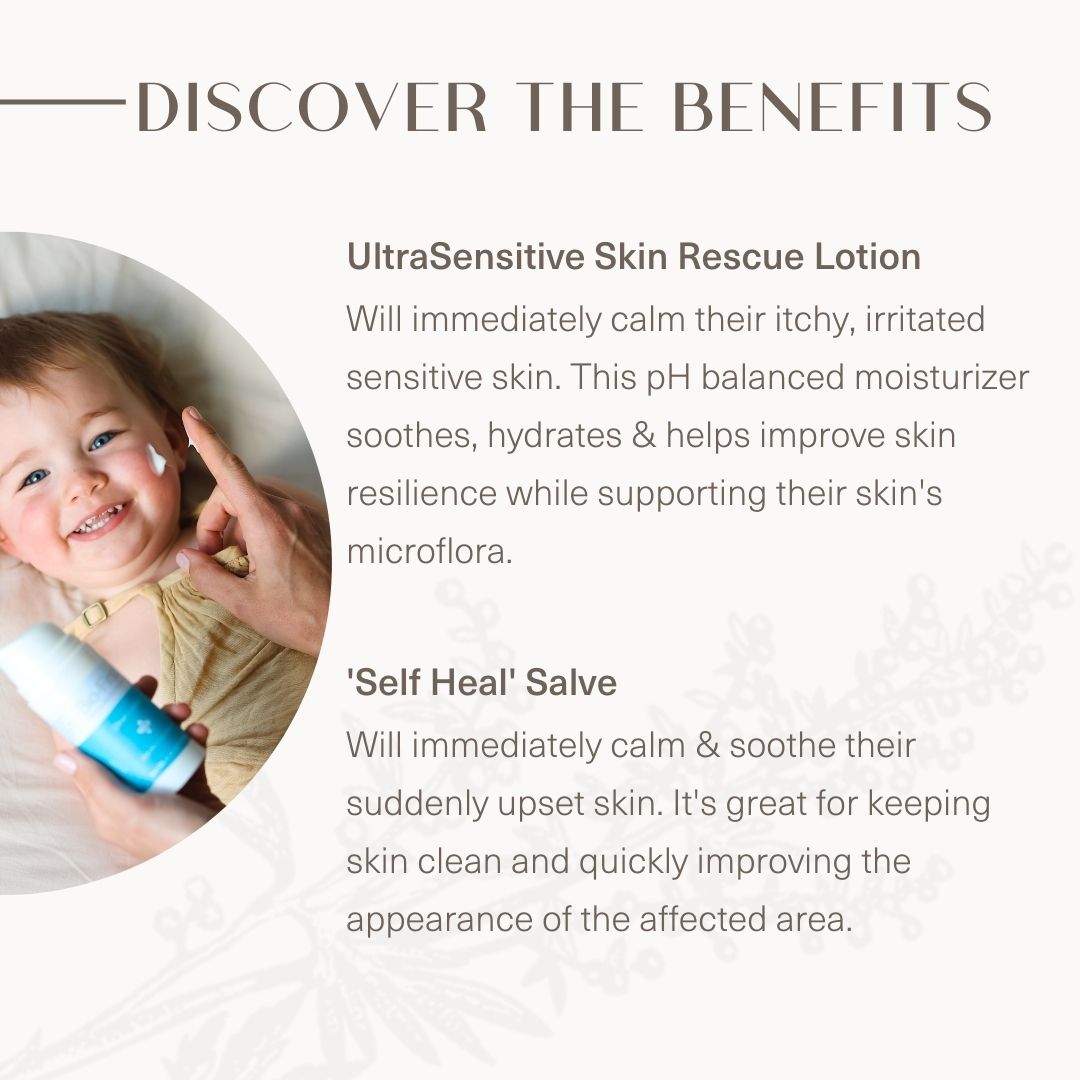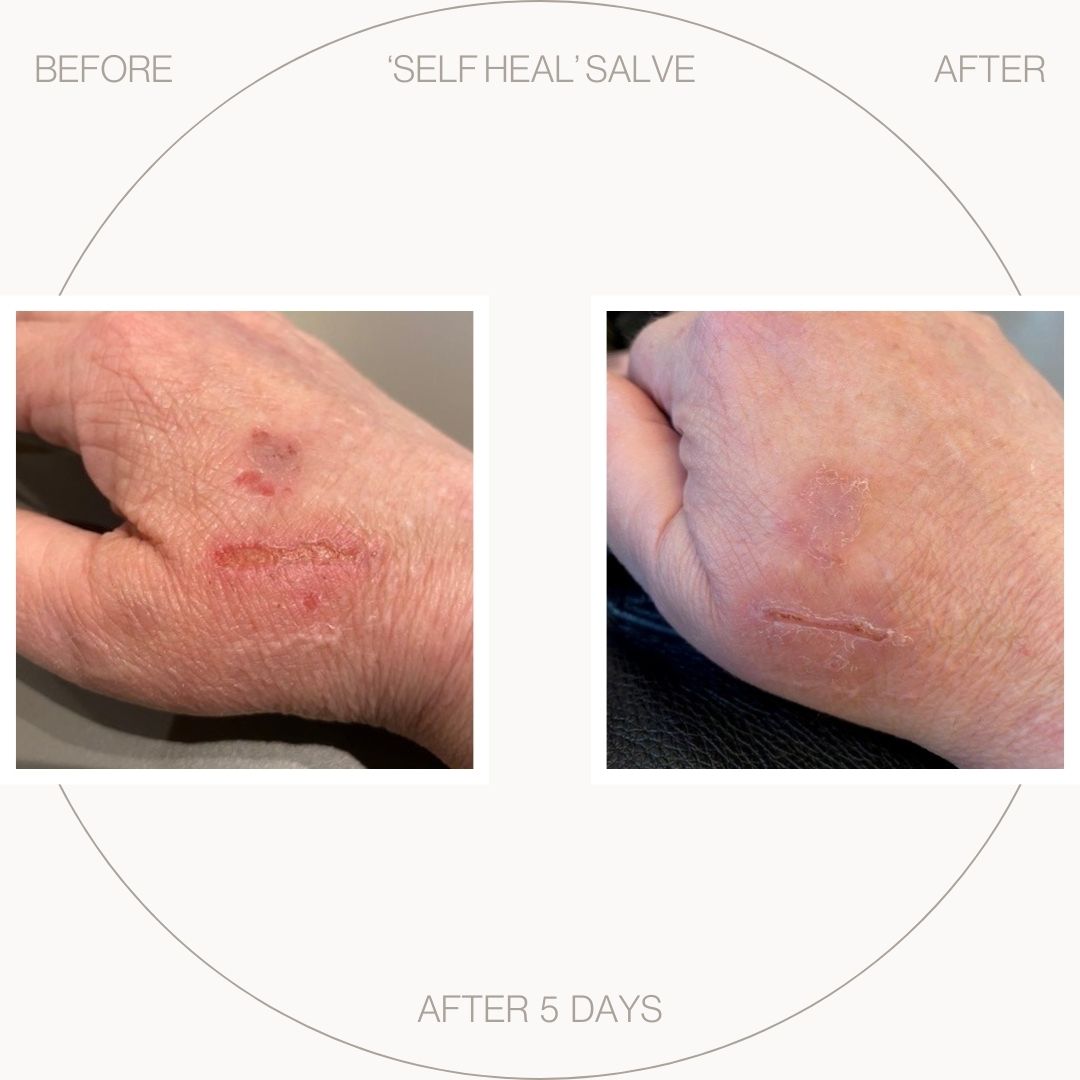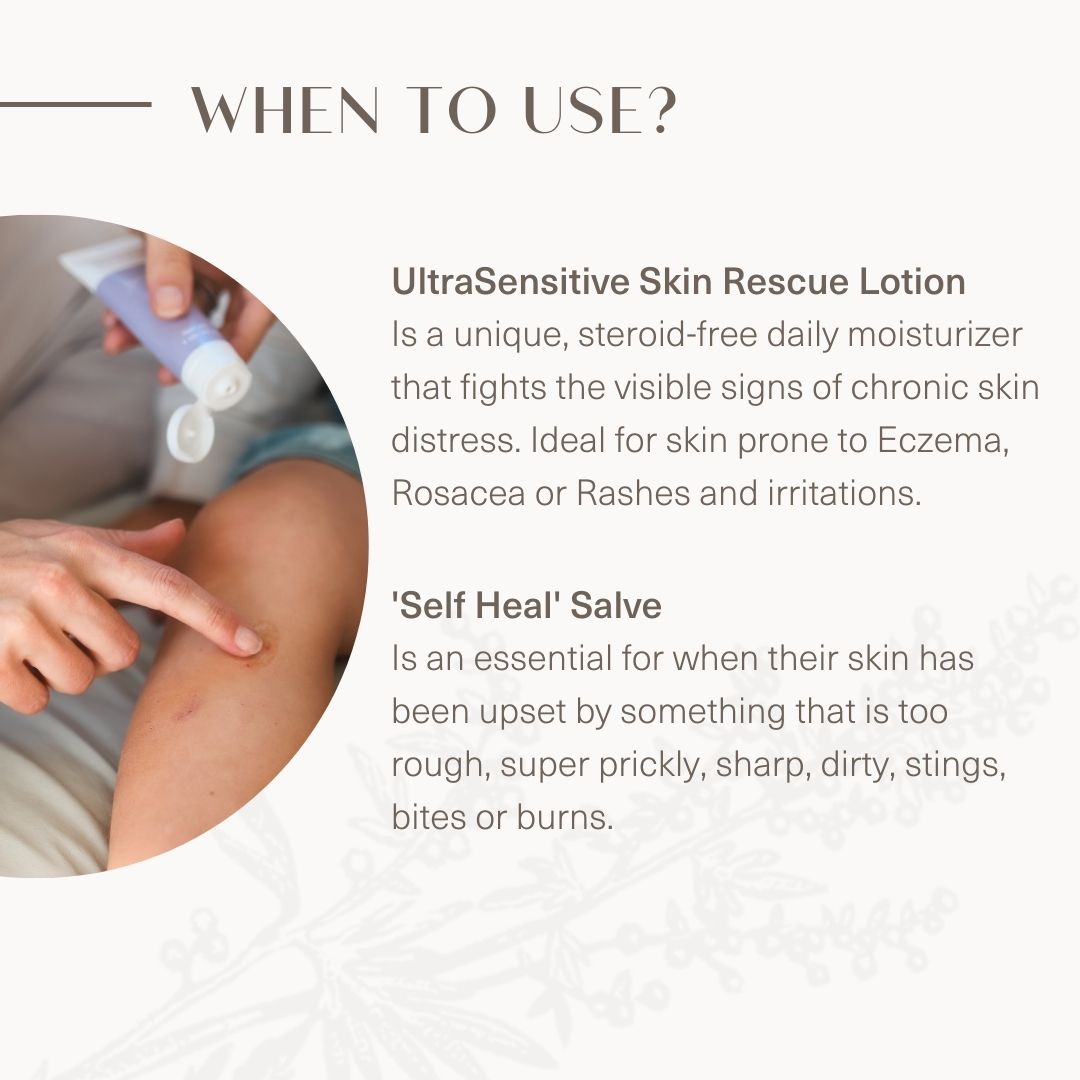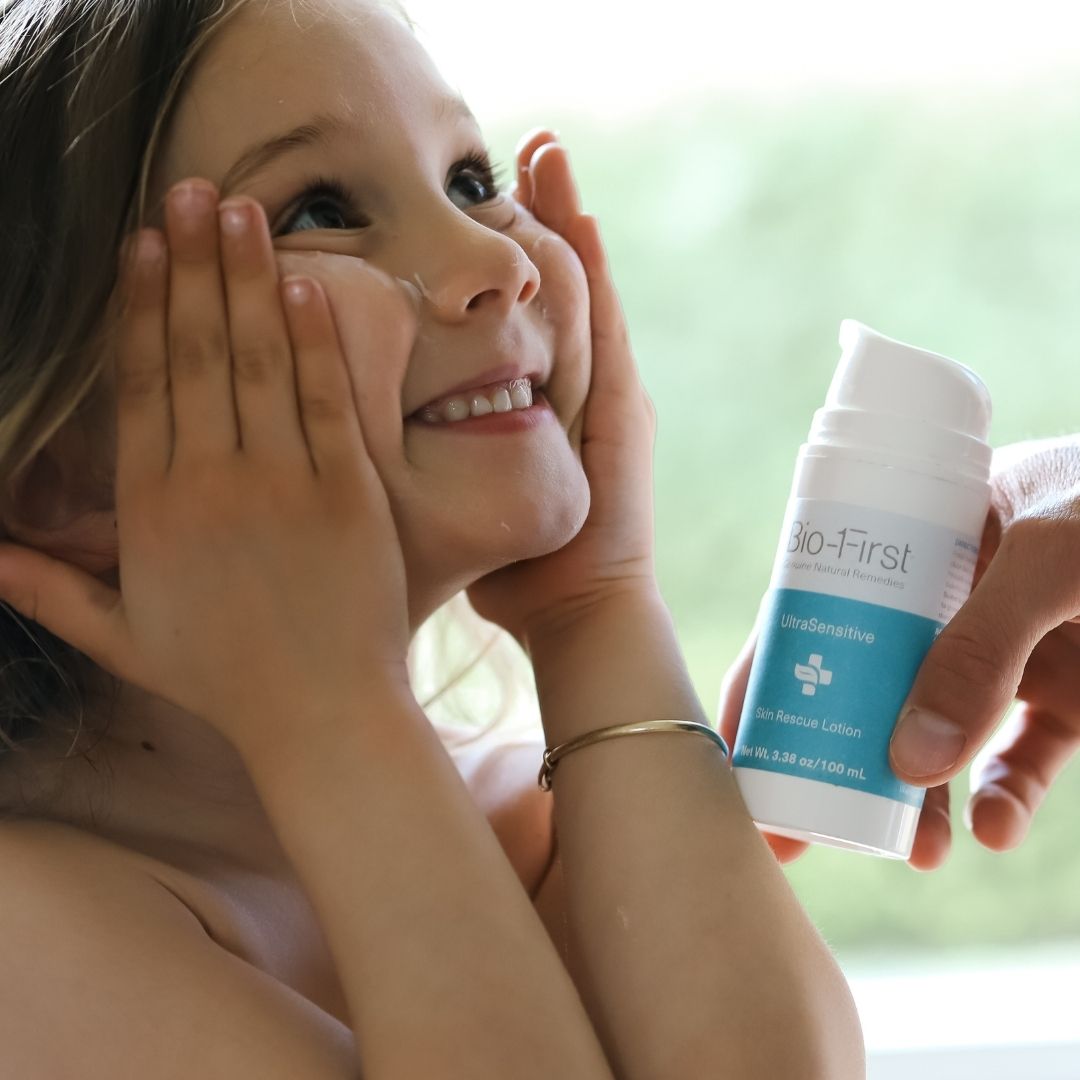UMF 10+ Manuka Honey
Such a versatile and powerful honey, especially when it's medical grade. It has amazing health properties including being antimicrobial, healing and beneficial for radiation treatment skin damage.
According to a recent publication, Manuka honey lowered the incidence of dermatitis in patients receiving radiotherapy for breast cancer1.
Separate research showed that honey may be useful as a topical antimicrobial for radiotherapy damaged skin. It may also interrupt early damaged effects of radiation on cutaneous tissue2.
Milk Thistle (Silybum marianum)
Most commonly known for its uses in liver function support, it is highly effective and protective in topical care of skin affected by radiation treatment.
Prophylactic administration of silymarin (a component of Milk Thistle) gel could significantly reduce the severity of radiodermatitis and delay its occurrence after five weeks of application3.
Further research has shown Silymarin-based cream may be an effective treatment to prevent acute skin lesions caused by radiotherapy of breast cancer patients. Median time to toxicity was significantly prolonged. Less than 10% of patients using silymarin had grade 2 toxicity in week 5 of radiotherapy compared to over 50% using standard of care. After completion of radiotherapy 23.5% of patients using silymarin cream had nil reaction versus only 2% using standard of care4.
Milk Thistle Seed Oil contains silibinin which protects against UV B - induced thymine dimer formation, thus promoting DNA repair and/or initiating apoptosis in damaged cells. Basically helping to limit UV-B induced DNA damage5.
Manuka (Leptospermum scoparium) Oil
A little known wonder out of New Zealand, with strong antimicrobial properties, several studies have shown that it can inhibit UV-B radiation related skin inflammation7.
It does this by inhibiting the loss of collagen fibres, reducing epidermal hyperplasia, suppressing pro-inflammatory cytokines and reducing macrophage infiltration.
Prickly Pear (Opuntia ficus-indus)
The wonderful Prickly Pear has UV-A and B skin protecting qualities. It is highly moisturising, anti-inflammatory and antioxidant.
Prickly Pear has wound-healing properties attributed at least partly to anti-inflammatory pro-collagen and angiogenic properties. As well as having a clear protective effect against UV-A induced stress and UV-C radiation9 10.
Aloe Vera (Aloe barbandensis)
Aloe Vera gel has been reported to have a protective effect against radiation damage to the skin11 12, while being highly soothing and cooling.
Topical and oral Aloe Vera use also results in significantly increased collagen synthesis due to two active components that interact with growth factor receptors on the fibroblast. Aloe gel increases collagen content in wounds and increases collagen composition type lll. Collagen cross-linking is also stimulated. Aloe stimulates fibroblast which produces collagen and elastin fibres, resulting in more skin elasticity13.
Dr Jude Lenart PhD
This is general information for our readers, not medical advice or opinion.
Jude has a Ph.D. in Natural Medicine - she is not a medical practitioner. Bio-First always encourages discussion with your care team.
-----------------------------------------------------------
1 McLoone, P. et al Honey: A Therapeutic Agent for disorders of the skin Central Asian Journal of Global Health 2016
2 Robson, V. Wounds 2009
3 Karbasforooshan, H. et al Topical silymarin administration for prevention of acute radiodermatitis in breast cancer patients: A randomised double-blind placebo-controlled clinical trial Phytother. Res. 2019
4 Becker-Schiebe. et al Topical Use of a Silymarin-Based Preparation to Prevent Radiodermatitis Strahlentherapie und Onkologie 2011
5 Prasad, R. et al Silibinin and non-melanoma Skin Cancers Journal of Traditional and Complementary Medicine 2020
6 Singh, R and Agarwal, R. Mechanisms and pre-clinical efficacy of silibinin in preventing skin cancer European Journal Skin Cancer 2005
7 Mathew, C. et al Manuka Oil - A Review of Antimicrobial and other Medicinal Properties Pharmaceuticals 2020
8 Koshak, A. et al Wound Healing Activity of Opuntia ficus-indica Fixed Oil Formulated in a Self Nanoemulsifying Formulation International Journal of Nanomedicine 2021
9 Petruk, G. et al Protective effect of Opuntia ficus-indica L.cladodes against UV-A induced oxidative stress in normal human keratinocytes Bio Org Med Chem Lett 2017
10 Al-Naqeb, G. et al Prickly Pear Seed Oil Extraction, Chemical Characterization and Potential Health Benefits Molecules 2021
11 Farrugia, C. et al The use of aloe vera in cancer radiation: An updated comprehensive review Complementary Therapy Clinical Practice 2009
12 Tirant, M. et al Integrative Dermatology-The Use of Herbals and Nutritional Supplements to Treat Dermatological Conditions Macedonian Journal of Medical Sciences 2018
13 Tirant, M. et al Integrative Dermatology-The Use of Herbals and Nutritional Supplements to Treat Dermatological Conditions Macedonian Journal of Medical Sciences 2018



